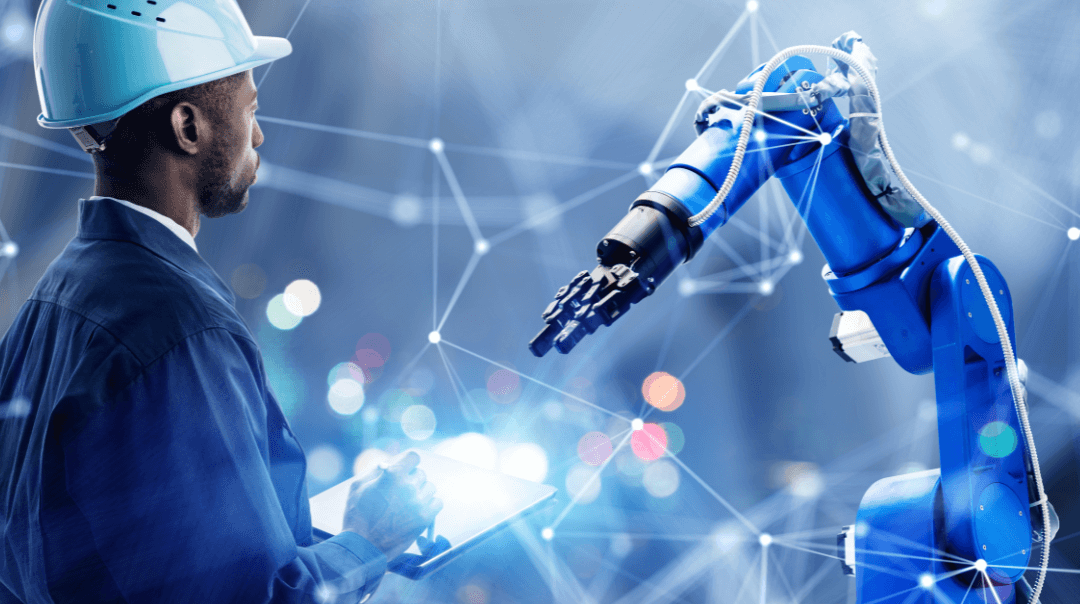Artificial intelligence (AI) has become a game-changer in industrial automation. With its ability to analyze vast amounts of data, AI has the potential to optimize industrial processes, increase efficiency, and improve safety. But how exactly can AI benefit industrial automation, and what does it mean for electrical engineers?
Benefits of AI in Industrial Automation
One of the primary benefits of using AI in industrial automation is that it can increase efficiency. By analyzing data in real-time, AI can identify areas where production can be improved, or costs reduced. This allows for more efficient use of resources and ultimately leads to increased profits. AI can also improve safety in industrial settings. AI can detect potential hazards and alert workers or take corrective actions to prevent accidents. This can significantly reduce the risk of workplace injuries and fatalities.
Another key advantage of AI in industrial automation is its ability to improve predictive maintenance. By analyzing data from sensors and other sources, AI algorithms can identify potential issues with equipment before they become major problems, allowing businesses to proactively address maintenance needs and reduce downtime. For electrical engineers, this means they can spend less time on reactive maintenance and more time on designing and implementing new solutions.
AI can also help with process optimization. By analyzing data from various systems, AI can identify inefficiencies and make recommendations on how to improve operations. This can result in increased production, reduced waste, and improved product quality. Electrical engineers can work alongside AI algorithms to develop and implement new automation systems, using their expertise to ensure the safe and efficient integration of new technologies.
Another area where AI can benefit industrial automation is through the use of digital twins. A digital twin is a virtual replica of a physical system or process, and AI can be used to analyze data from the digital twin to identify potential issues and optimize performance. For electrical engineers, this means they can test and optimize new systems in a virtual environment before implementing them in the real world, reducing the risk of errors and downtime.
Challenges of AI in Industrial Automation
While the benefits of AI in industrial automation are significant, there are also challenges that need to be addressed. One of the main challenges is the need for large amounts of high-quality data. AI relies on data to learn and make decisions, so without sufficient data, its performance can be limited.
Another challenge is the integration of AI with existing systems. Industrial automation systems are often complex and customized, which can make integrating AI a challenging task. Additionally, there may be concerns around security and privacy when implementing AI in industrial settings.
How AI can Help Electrical Engineers
AI can be a valuable tool for electrical engineers in industrial settings. By analyzing data from sensors and equipment, AI can help engineers identify potential issues and develop solutions before they become major problems. This can save time and money on repairs and maintenance.
AI can also help engineers optimize processes and improve efficiency. By analyzing data in real-time, AI can identify areas where production can be improved or costs reduced, allowing engineers to make data-driven decisions to improve the bottom line.
Finally, AI can assist in the design and development of new systems and products. By simulating different scenarios and analyzing data, engineers can use AI to optimize designs and make predictions about performance, ultimately leading to more effective and efficient products.
Conclusion
AI has the potential to revolutionize industrial automation, improving efficiency, safety, and profitability. While there are challenges that need to be addressed, the benefits of AI in industrial automation are significant.
If you’re interested in implementing AI in your industrial processes or need any help in the area of industrial automation, we offer process optimization solutions, systems integration, and we are suppliers of control products, with 90% of our products in stock. Contact us to learn more about how we can help you leverage AI for your industrial automation needs.
For more information visit https://www.iec.ch/technology-blogs/artificial-intelligence-for-industrial-automation/

